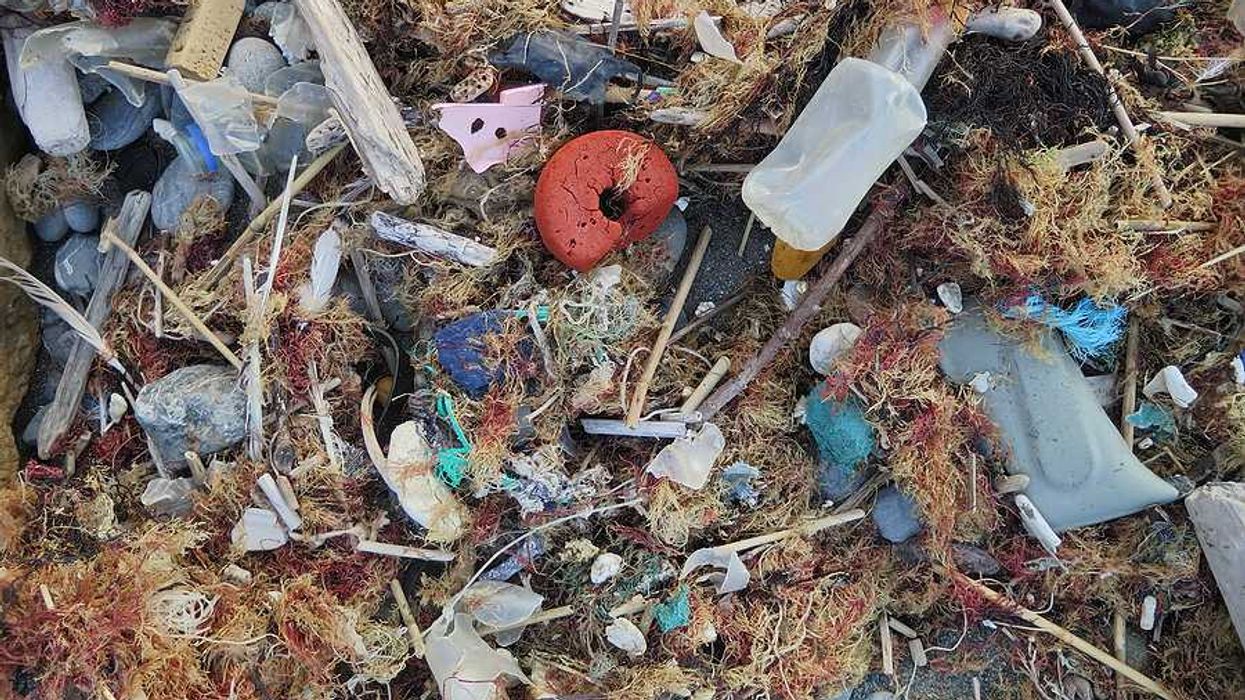Veterinarians in the UK are being urged to reduce preventive flea treatments for pets as research links the chemicals to declining insect and bird populations.
Helena Horton reports for The Guardian.
In short:
- Flea treatments contain insecticides like imidacloprid and fipronil, which wash off pets and contaminate waterways, harming insects and birds.
- A study found that songbirds are inadvertently poisoning their young by using pet fur contaminated with flea treatments to build nests.
- The British Veterinary Association advises a risk-based approach to prescribing flea treatments rather than routine preventive use.
Key quote:
"Given the scale of environmental contamination it is causing, prophylactic use of flea treatments on family pets cannot continue."
— Dave Goulson, professor of biology, University of Sussex
Why this matters:
Common flea treatments contain potent insecticides that persist in the environment, harming biodiversity. Without regulation, these chemicals could continue to threaten insect populations, which are essential for ecosystems and food chains. Reducing unnecessary pesticide use can help protect wildlife.














